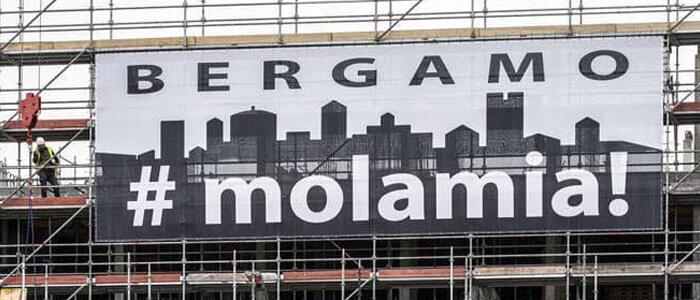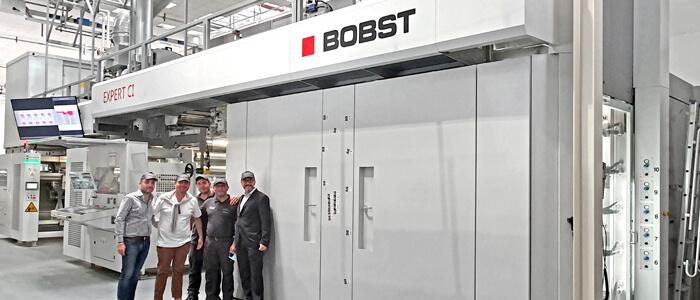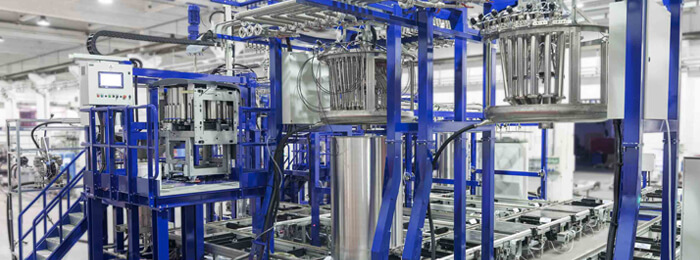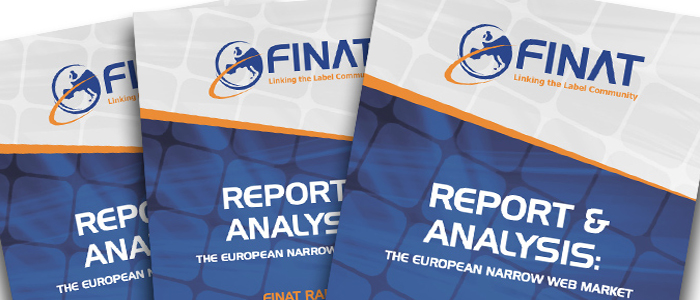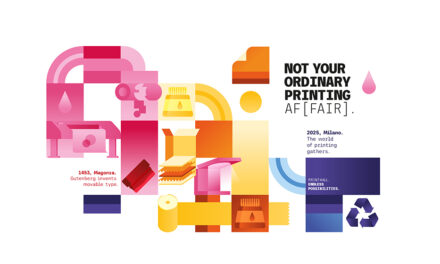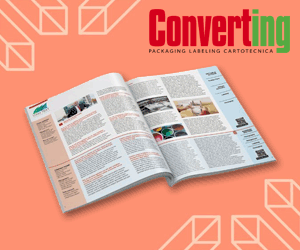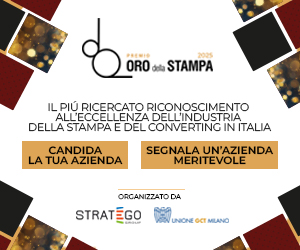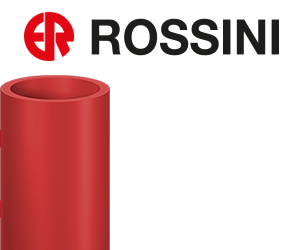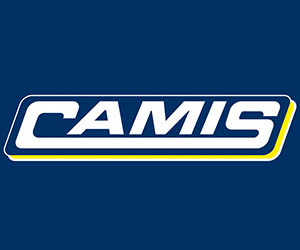From “peacetime” technical films to surgical suits and masks to cope with the medical emergency. The small heroic story of a converter that has reorganized production to serve a territory ravaged by the virus, and has networked with other local realities in view of an important project. With a very Bergamo-type name and only one purpose: lend a hand.
In many respects it is only one of the many Italian converters with the burden and honor of carrying out “primary” activities, but it has faced the coronavirus emergency in one of Italy’s hardest hit areas – the province of Bergamo – and with commitment and results that go beyond the norm.
Hence if we speak of Plastik SpA it is for the dramatic nature of the context – the parent company is from Albano Sant’Alessandro (BG) – but also for the quantity and quality of the initiatives that have made it responsive and proactive, finding new ways that will continue to be followed when the emergency ends. Indicated by a signpost with the word “Molamia” (“Don’t give up”).
From normalcy to the trenches Plastik is a solid and evolving group, with factories in Italy and Tunisia, which produces packaging for diapers and a large variety of technical and laminated films for many different outlet sectors, including the medical and hygiene sectors.
Over the past year, during industry events, we have repeatedly met the entrepreneurs – the Cattaneo family of the founder Gianangelo and his daughter managers (including Laura, engineer and managing director) – at the helm of an important and dynamic company, committed to the transition to industry 4.0, with some fine investment projects in plant engineering and staff training in the offing. And today we find them in a war scenario, with a completely changed daily life and perspectives.
In the time that elapsed between the first signs of Covid-19 and the actual emergency in all its drama – a few weeks or less – Plastik has closed some lines and freed up resources to commit to the products that are most needed today: masks, gowns, sanitary towels and what is needed for the care and assistance of the sick. But not only that: as part of the “Entrepreneurship” project of Confindustria Bergamo, he devised and created together with Radici of Gandino and Santini of Lallio – in record time – one of the very few Italian prototypes of surgical masks (7 out of 200) that have successfully passed the breathability and waterproofing tests of the Politecnico di Milano. And now the company supplies the material needed to feed a production that will reach 100 thousand pieces per day.
The reorganization All this involved the whole company: from the management that was able to conceive and manage the change in such a short time, to the employees who ensured their presence by accepting the risks involved. Without hesitation, for a spirit of sacrifice and responsibility, and for that all-Bergamo pietas that only those who are lucky enough to frequent these areas know.
And we can only imagine the cost in strain, sacrifices and worries. We perceive it when President Gianangelo Cattaneo agrees to tell us how the company is reacting to the crisis – no matter if it is already nine in the evening – with her calm kindness even if she is a bit short of breath: there is little time to speak. «We are under production – the company has never stopped – albeit reduced in numbers because of the disease, but we have decided to stop the non-essential activities to concentrate all our energies on what is really needed». Today Plastik supplies hygienic-sanitary articles, in particular components and packaging for diapers for adults, which are increasingly in demand in intensive care units and in hospitals, in addition to diapers for children and women; barrier film for food packaging; material for protective gowns with hood needed by operators in the hospital sector.
«In addition, we have entered two local production chains. One, that of the Molamia surgical masks, for which we produce the filtering material. We have obtained the approval of the Milan Polytechnic according to art. 15 paragraph 2 of the “Cura Italia” decree and we are therefore able to create a product that can be used both by citizens and workers as well as by law enforcement and civil protection volunteers. The other chain, also entirely from the Bergamo area, has as its objective the creation of lab coats for doctors, with an initial target of 3000 garments per day which will become 5000 once fully operational». So, the entrepreneur concludes, “we have a lot of things to do and we try to do them as best we can. It is a very intense period but also, from a certain point of view, one that is also important to experience».
Working as a system It is known that we Italians are used to going it alone. The unwillingness to ask for help, the spirit of independence, the pride for one’s abilities feed the famous individualism which is both our strength and our weakness. But today this sudden collective crisis, so strange, disturbing and painful, is teaching us many things and is also opens cracks in the system of values and practices “beforehand”, restoring value to the collective. We hear it in exchanges between friends, it echoes in the sighs of those under “quarantine”, it circulates in social media conveyed by the hashtags of #insiemecelafaremo.
The protagonists of the Molamia project declared it, each in their own way, in a recent interview with the newspaper L’Eco di Bergamo. “We have made our skills available for the common good,” says Laura Cattaneo; “We pitched in until we found the right solution”, says Monica Santini CEO of the family knitwear factory; “We are demonstrating how much value a supply chain capable of working as a team can generate”, states Angelo Radici, president of the group of the same name. But none of the three – because here the rule still holds that you don’t preen about your own generosity – makes it clear that they are not doing it for business: The new productions have only been launched to solve a dramatic shortage. So it is up to us to say it. Convinced that, in the end, these entrepreneurs will perhaps “lose out” in terms of lost earnings, but will at the same time “bring home” an invaluable wealth of experience, solidarity and gratitude, which will also change the way of doing business and of conceiving the company “afterwards”.

